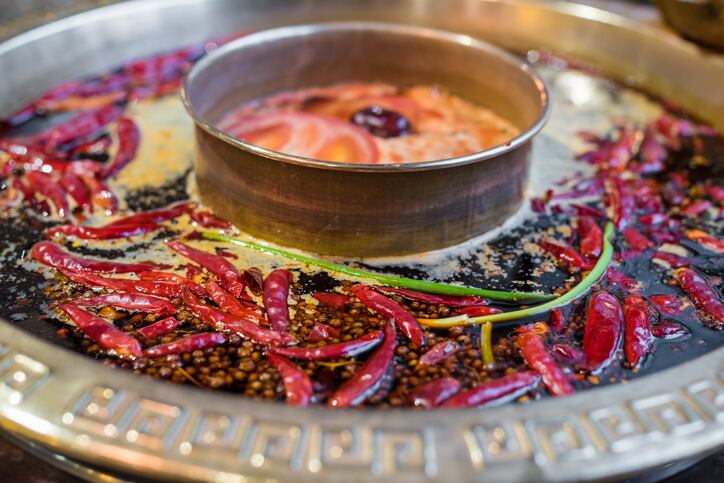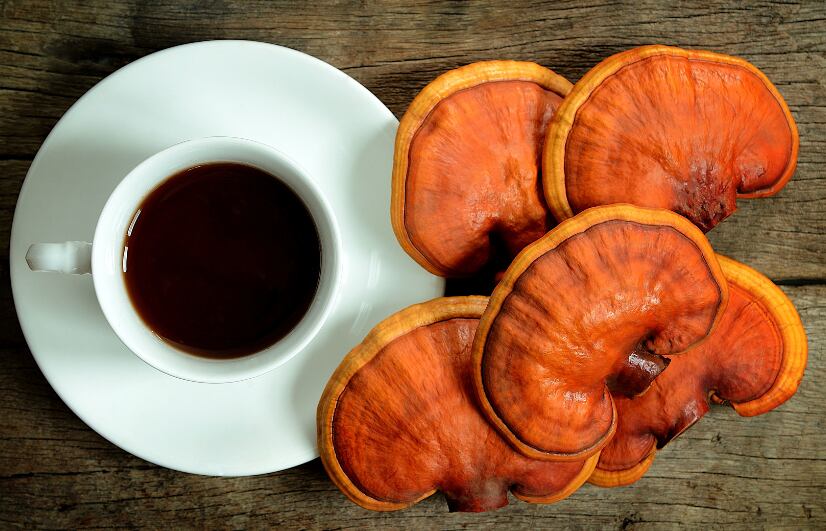The 15-year study enrolled 4852 adults in China and is the first population study investigating the association between chilli intake and cognitive function.
Capsaicin, the active component in chilli, has previously been found to have benefits in relation to mortality, obesity and hypertension. But its effect on long-term cognition function had yet to be elucidated in animals and humans.
The researchers wrote in this current study, “High chilli intake was associated with almost doubled the risk of self-reported poor memory in Chinese adults, especially among those with normal body weight.”
Study design
The study followed participants who were part of the China Health and Nutrition Survey between 1991 and 2006.
Dietary intake data was collected in 1991, 1993, 1997, 2000, 2004, 2006 and cognition tests were conducted in 1997, 2000, 2004 and 2006.
Chilli intake, which included fresh and dried chili peppers, but not sweet capsicum or black pepper, was assessed using a three-day food record during home visits. Height, weight, and blood pressure were also measured.
Participants were classified into four groups: non-consumers, 1–20 g/day, 20–50 g/day and >50 g/day.
It was noted that the serving size in the context of Chinese food is a Liang (1 Liang = 50 g), hence the median portion size of chili intake was 50 g.
The global cognitive score was calculated using composite scores of memory (words recall), counting back and subtraction scores.
Participants were also asked to self-report on memory changes (improvement, decline, maintain) through a questionnaire.
Chilli intake and cognitive function
The study found the overall cognitive score declined in all chilli intake levels between 1997 and 2006, however there was greater prevalence of self-reported poor memory and memory decline with higher chilli intake.
“Compared with non-consumers, those who consumed more than 50 g/day had a lower global cognitive score.”
“Those who ate chili 0, 1–20, 20–50 and >50 g/day had regression coefficients (95% CI) for the global cognitive score of 0, 0.17, −0.31 and −1.13 respectively.”
Overall, compared with non-consumers, a chilli intake higher than 50 g/day was associated with more than twice the risk of having self-reported poor memory and 56% increased risk of having self-reported memory decline.
Researchers also said the effect was slightly more significant (p=0.046) in participants with lower BMI.
In a previous study, “We found chilli intake decreased the risk of obesity. In the current study, the effect of chilli on cognitive function appears to be stronger among those with normal body weight.”
“It could be that those with normal body weight are more sensitive to chilli intake.”
Whether BMI mediates the association between chilli intake and cognitive function, further research is needed, the researchers noted.
There are animal studies with conflicting results regarding the role of capsaicin in cognition function. Some suggested red peppers prevented memory deficit in rats, while others found it to be neurotoxic by denervation of sensory nerves, impacting neuronal viability and thus cognitive function.
Limitations
The researchers said one of the limitations of the study was not being able to explore the potential mechanisms due to a lack of related biomarkers.
“For instance, there was a significant difference in chilli intake among people with different education levels.”
“It is well known that level of education affects cognitive function, so it is possible that the confounding effect of education may still contribute to the relationship between chilli intake and cognitive function.”
They recommended: Future random control trial designs may help tease out this complicated relationship to confirm chilli intake and cognitive function.
Source: Nutrients
https://doi.org/10.3390/nu11051183
High Chili Intake and Cognitive Function among 4582 Adults: An Open Cohort Study over 15 Years
Authors: Zumin Shi, et al.




